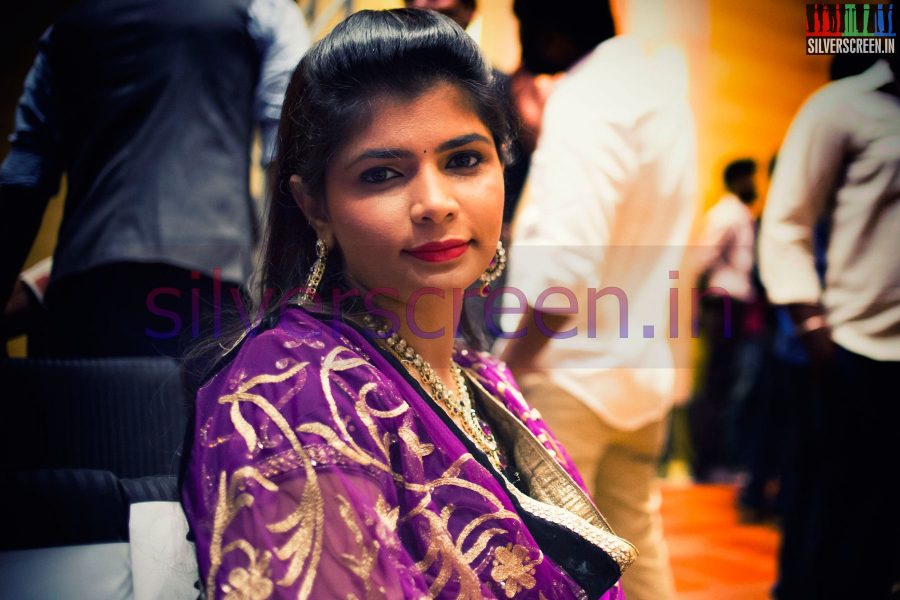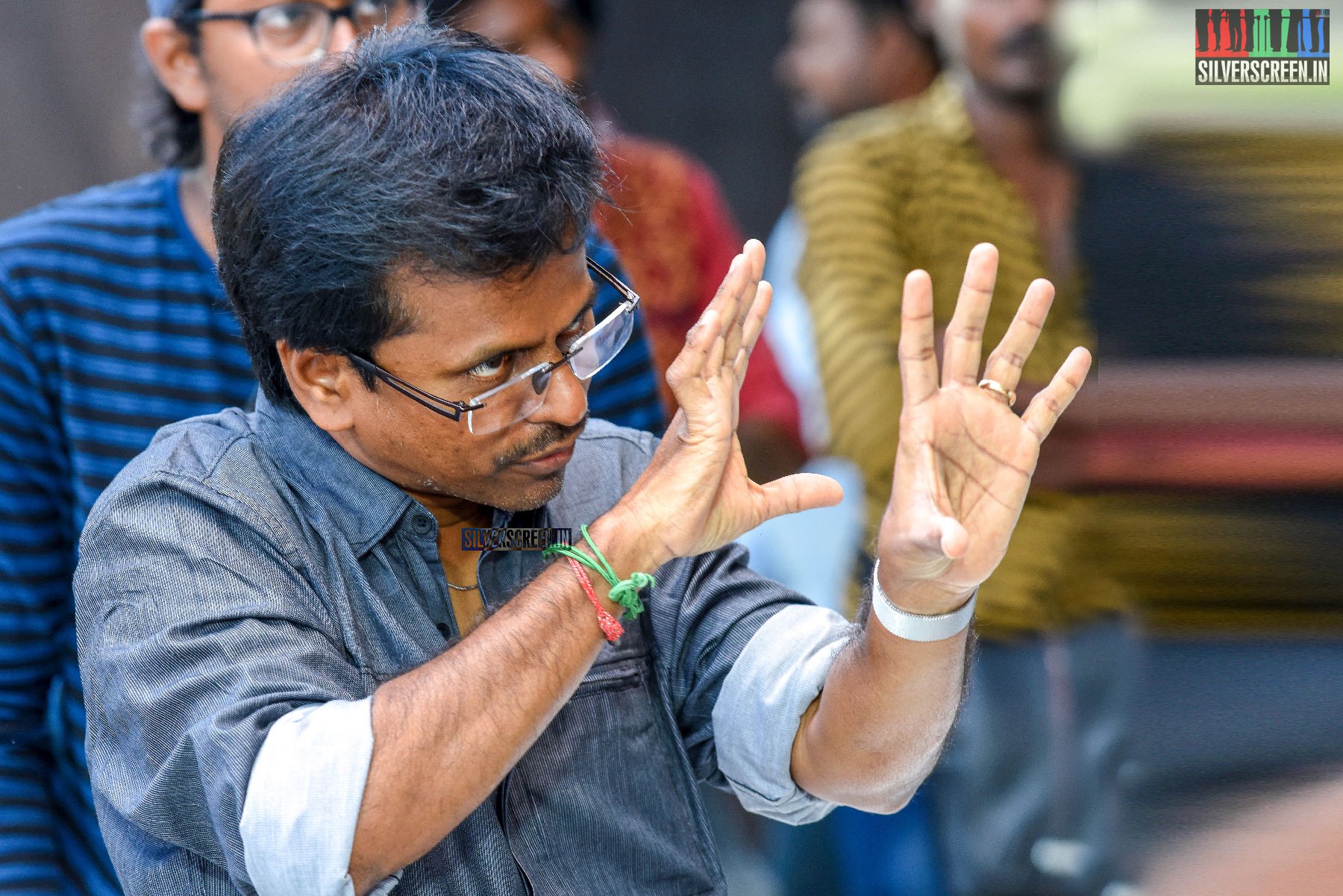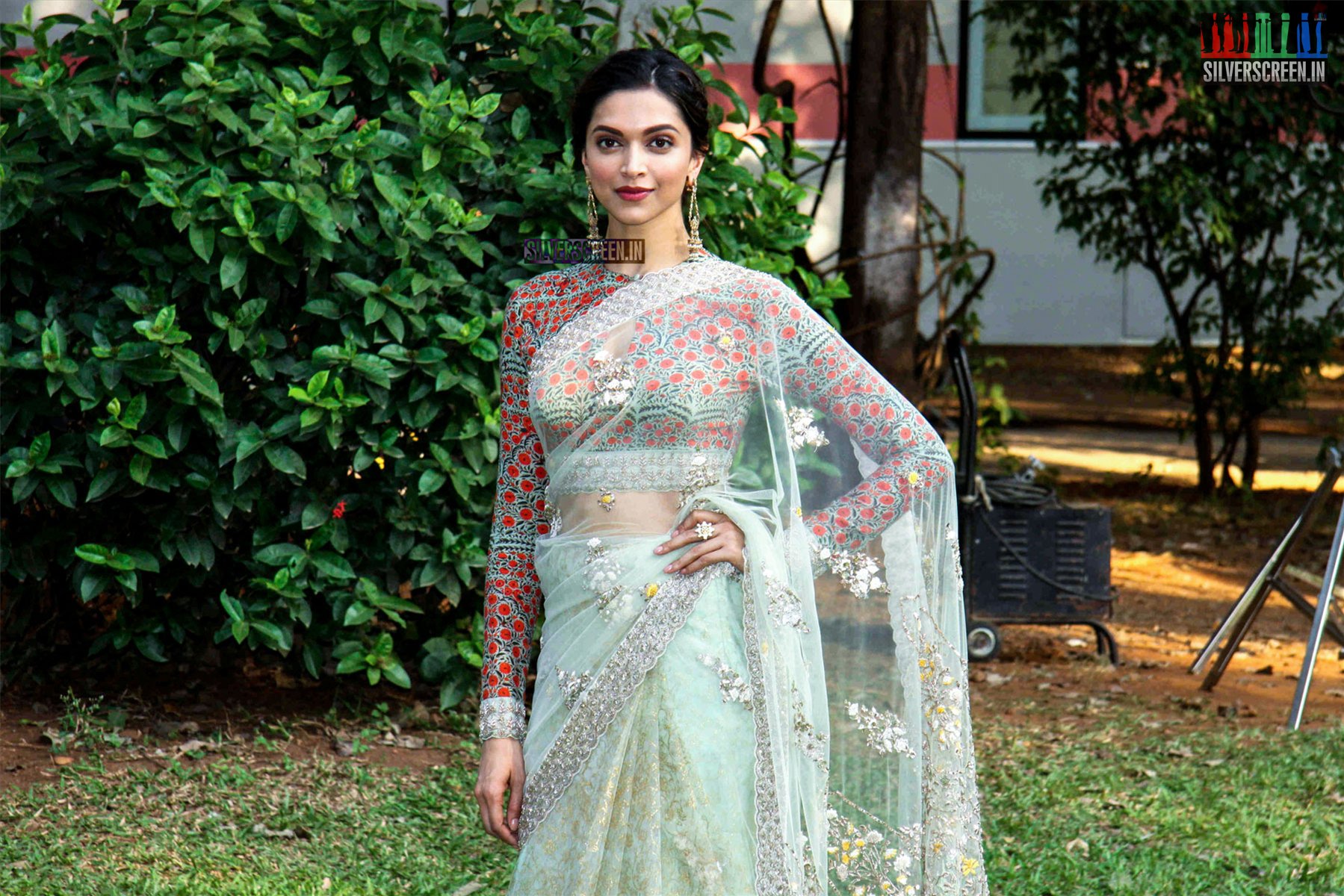Chinmayi Sripaada will be performing at the Chennai Kalai Theru Vizha on January 27 at the Besant Nagar beach. This fifth edition of the festival will be held in multiple locations in the city, including Ennore, Korukkupet and Mylapore. The festival will happen from January 13 to February 10.
Formerly known as Orur Olcott Kuppam Vizha, the Chennai Kalai Theru Vizha is aimed at equalizing spaces, art forms and people. The festival will be flagged off on January 13. “This is an attempt to use art to break barriers. In Chennai, there’s an invisible wall between the north and the rest of Chennai. This fest will breach that wall and bring Chennai together,” says Nithyanand Jayaraman, the event coordinator in an NIE report.
“The performances are diverse and cut across Chennai’s socio-religious spectrum,” says carnatic singer TM Krishna, who will be performing along with his wife – vocalist Sangeetha Sivakumar, in Ennore on February 10.
“It’s a culturally diverse region. Not many know that the dargah of Kunnankudi Mastan Sahib is in north Madras. At this festival we will be featuring his Tamil Sufi songs sung by Kumari Aboobacker,” said Krishna in a ToI report.
Chinmayi Sripaada announced her decision to be part of the event on twitter recently.
On the 27th of January, I will be performing for the Chennai Kalai Theruvizha at the Besant Nagar Beach.
Do come. pic.twitter.com/Fw2Rukzm5V
— Chinmayi Sripaada (@Chinmayi) January 12, 2019
Other events include Tholpavai Koothu, Paraiattam and Bharatanatyam. Swetha Prechande, Apoorva Jayaraman and Pa. Ranjith will be part of the event. “These achievers are all down-to-earth and their achievement is about how they have made meaningful contributions to the community. Living amid such negative stereotypes and doing good is a struggle. That’s what we want to recognise,” says Jayaraman.
For this year’s edition, Raga Sudha Hall, a renowned sabha has opening its doors for the Theru Vizha. The sabhas have largely been considered as conservative spaces. According to Jayaraman, “There are stereotypes about sabhas as well. Such performances don’t happen in sabhas not necessarily because they don’t want to host it, it is also because no one is knocking their doors for such curations.”



